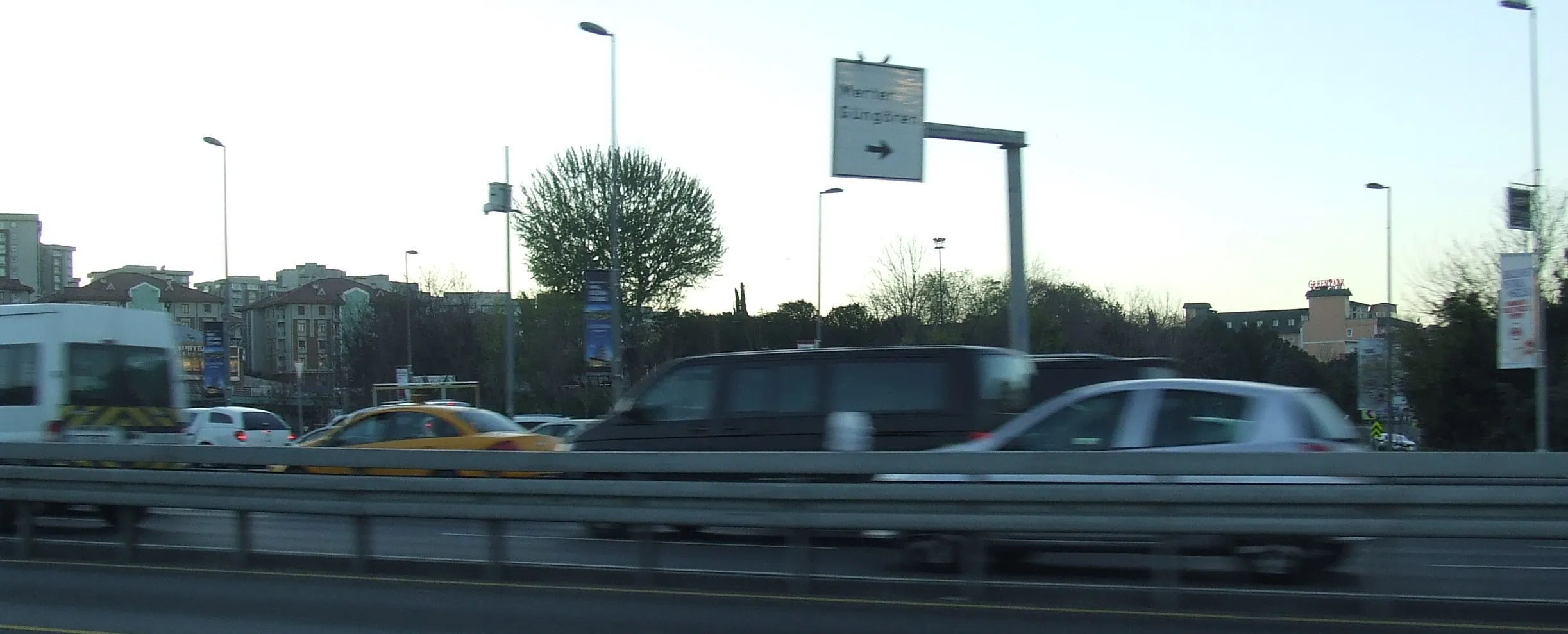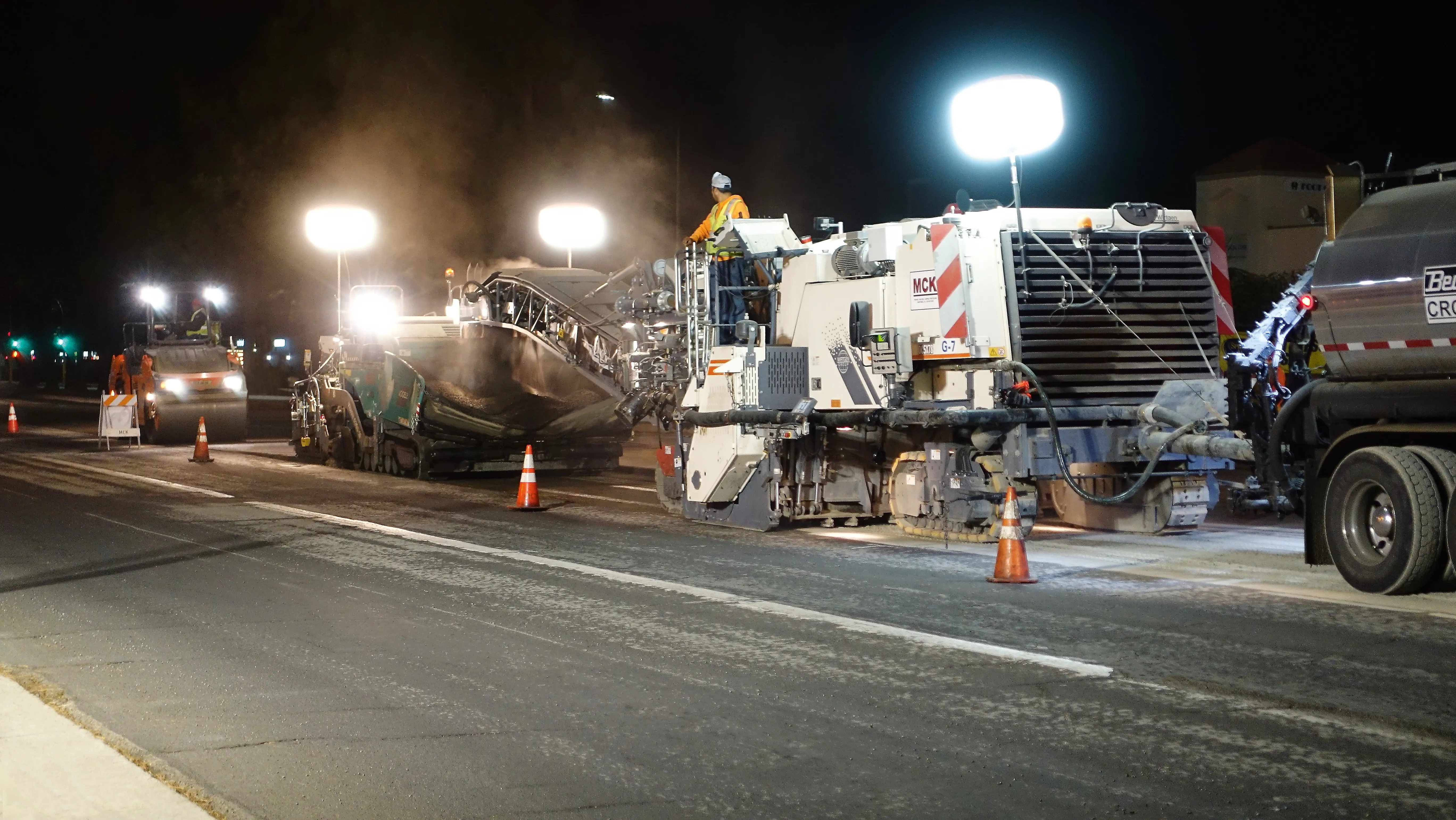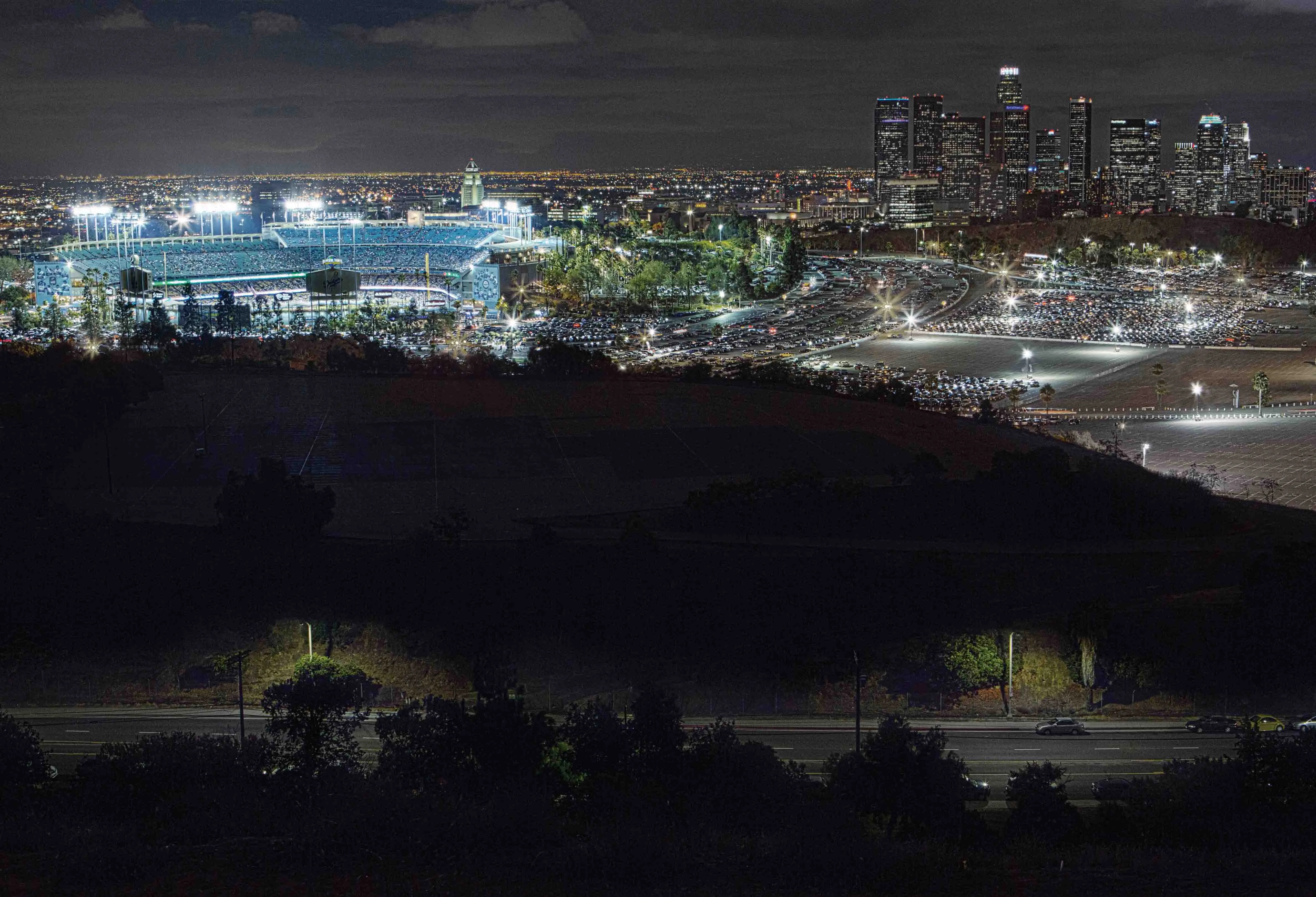
A new study from INRIX has revealed some of the world’s worst cities for traffic congestion. INRIX is a leader in transportation data and analytics and has released its 2024 Global Traffic Scorecard, which identifies and ranks congestion and commuting trends in nearly 1,000 cities, across 37 countries.
Istanbul’s 105 hours lost to congestion has topped the worldwide rankings, followed closely by New York City (102 hours) and Chicago (102 hours). The report shows that 10 US cities made the Top 25 worst congested cities in the world. Mexico City was ranked fourth, London fifth, Paris sixth, Jakarta seventh, Los Angeles eighth, Cape Town ninth and Brisbane 10th.
The high congestion levels in many US cities reflect a reduction in working from home, which increased during the COVID 19 pandemic. “Every year since 2020, we’ve seen traffic gradually rise towards what it was pre-pandemic,” said Bob Pishue, transportation analyst at INRIX and author of the 2024 Global Traffic Scorecard. “While the US is still behind pre-2020 levels of traffic, a pullback of remote and hybrid work models, specifically in tech-heavy areas like San Jose, San Francisco, and Seattle, brought a large jump in downtown trips, which is a good sign for metropolitan economies. The data also shows more economic activity Saturday and Sunday evenings as the downtown core returns to life.”
The higher number of daily commuters heading downtown can bring economic benefits, but it’s a double-edged sword. Pishue continued, “Traffic can be an indicator of economic boon, but ironically, it’s a hamper on economies in of itself. Each minute spent waiting in traffic results in money and productivity lost.”
Overall, congestion resulted in drivers losing an average of 43 hours to traffic jams in 2024, equal to about one work week, costing $771 in lost time and productivity. Nationwide, this sums to more than four billion hours lost, costing $74 billion in lost time.








